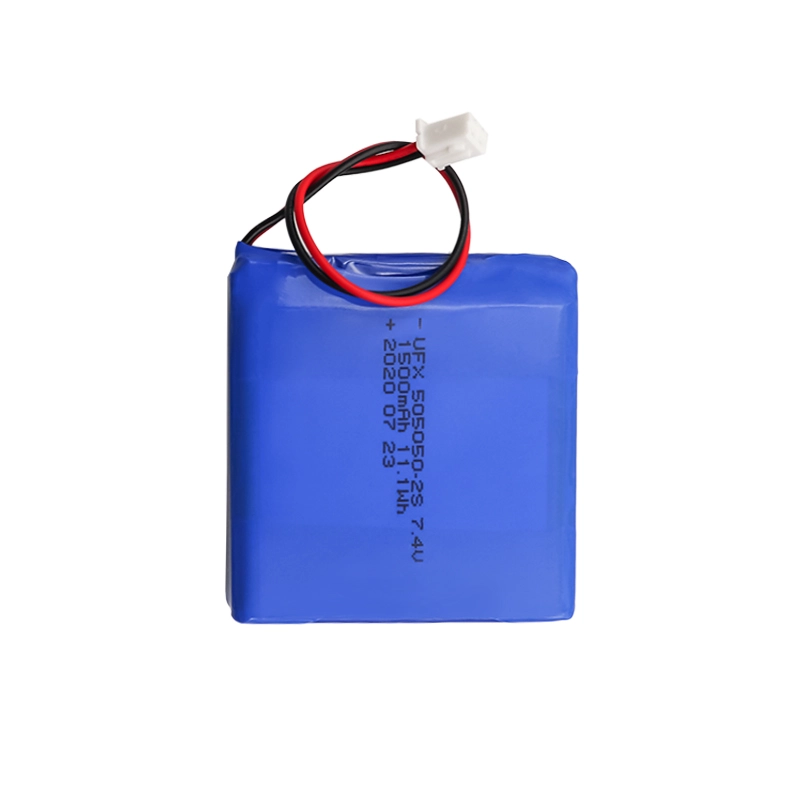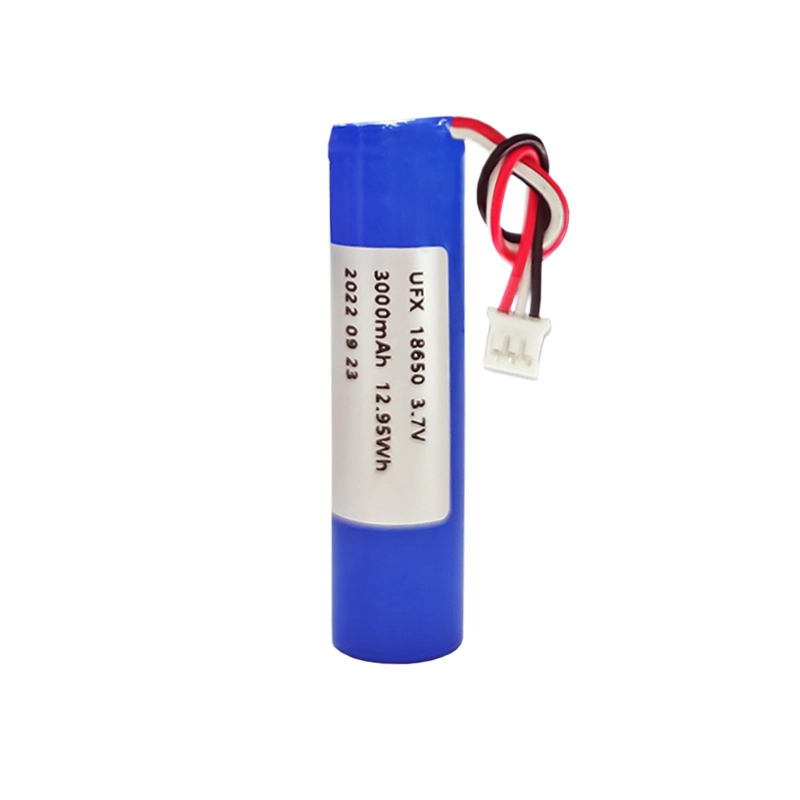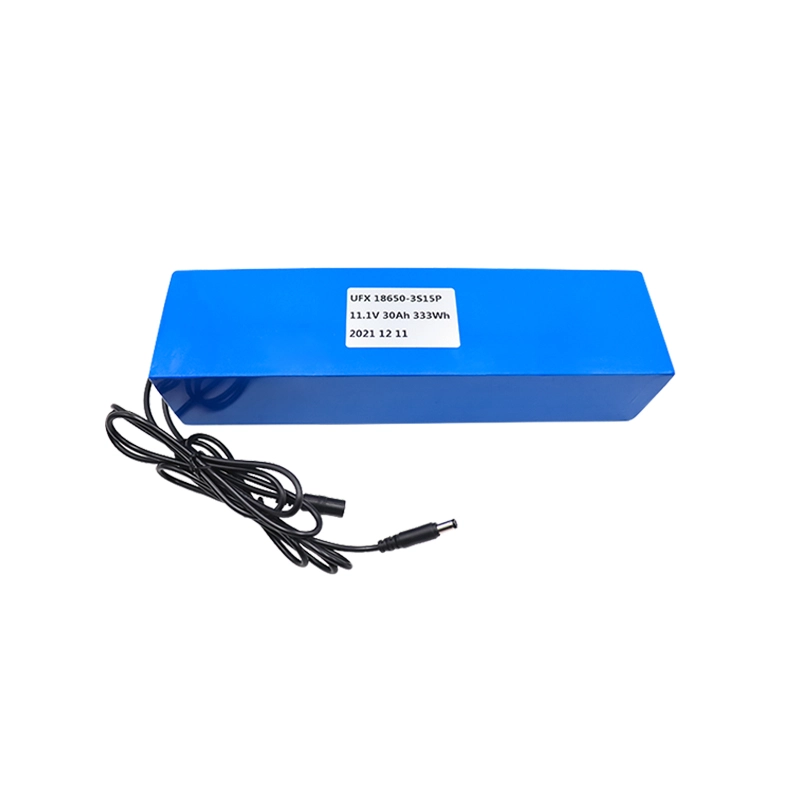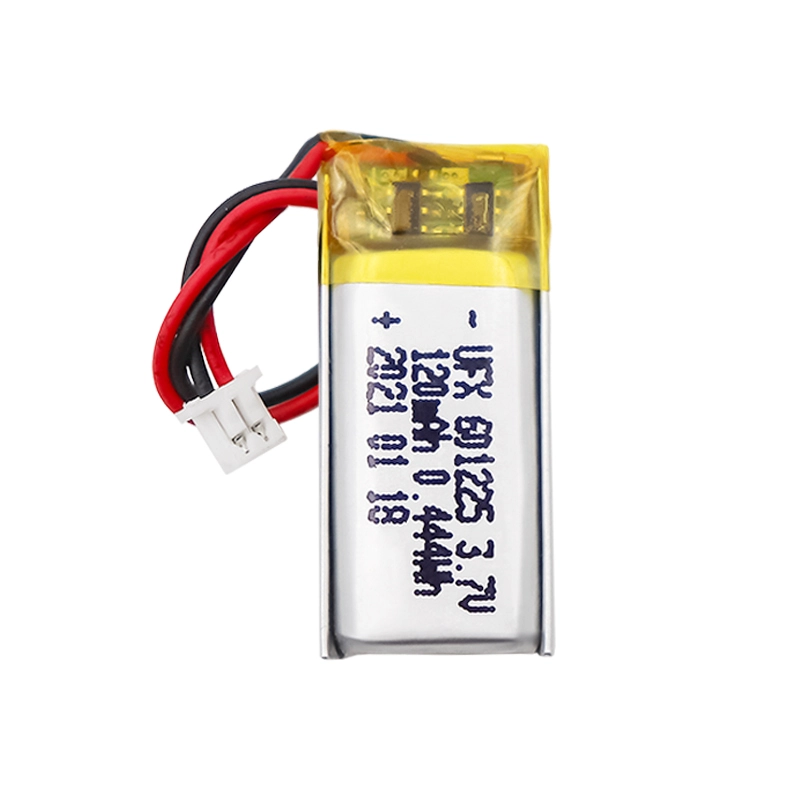
Hair Clipper Battery: NiMH Batteries Vs Lithium Batteries
There are three types of hair-clipper batteries, nickel-cadmium, nickel-metal hydride, and lithium batteries. Nickel-cadmium has been basically eliminated from the market because it is not environmentally friendly. There are mainly nickel metal hydride and lithium batteries in the hair-clipper market. Next, let’s popularize the differences between the two.
- Charging time: Ni-MH takes 8-12 hours to charge and only 1-2 hours to discharge. Lithium batteries, depending on the internal capacity, basically have a charging time of 1-4 hours and a discharge time of 1-6 hours.
- Capacity: Lithium batteries are much larger than nickel-metal hydride batteries
- Life span: A ternary lithium battery is larger than a nickel metal hydride battery and larger than a lithium manganate battery
- Number of charge and discharge times: When used properly, lithium batteries have higher battery life than nickel-metal hydride batteries.
If the hair clipper does not indicate that it is a lithium battery, it is a nickel metal hydride battery.
What does the battery charging time depend on?
1. It depends on the input current. Compared with the current of 1A and 2A, the charging time of 2A is shorter.
2. There is a maximum current limit on the circuit board of the product, which determines the charging time.
What are the factors that affect the battery discharge time?
1. The main factor is the performance of the battery.
The battery consists of four major components, namely, positive and negative electrode materials, separator, and electrolyte. The cathode material determines the battery performance. The better the cathode material, the better the battery performance.
Of course, the better the material, the higher the price.
2. It is also related to the product power. To a certain extent, the greater the power, the shorter the discharge time.
Why do lithium batteries have a longer service life than nickel metal hydride batteries?
Because lithium batteries have no memory effect, the memory effect means that the battery automatically maintains this specific tendency after enduring a specific working cycle for a long time. If charging and discharging are not complete, traces will be left in the battery and the battery capacity will be reduced.
Lithium batteries without memory effect naturally have a longer service life than nickel metal hydride.
The difference between different battery capacities
Battery capacity is expressed as the number of cycles of the battery, which is the process from full to empty. The number of cycles of lithium batteries is basically more than 500 times, while most nickel-metal hydride batteries only have two to three hundred times. The greater the number of cycles, the greater the battery capacity and the longer it can be used.
Lithium batteries have better performance than nickel-metal hydride batteries in many of the above aspects, which is why lithium batteries are so popular.
Hair Clipper Battery
Lithium batteries in hair clippers can usually be divided into ternary lithium and lithium manganate.
In addition, lithium batteries also have lithium iron phosphate. Because of its low voltage, short life at low temperatures, and small capacity, which limits the use of hair clippers, lithium iron phosphate is basically not used.
Ternary lithium batteries, as mentioned before, have a longer service life and are safer.
The main difference between the two is the separator material in the battery. The separators of ternary lithium batteries are imported from abroad and are relatively safe. Tesla uses ternary lithium batteries.
Looking at the theoretical limit of energy density, the energy density of a ternary lithium battery is 280mAh/g, and its capacity is theoretically nearly twice that of lithium manganate.
In terms of service life, ternary lithium batteries can be cycled 1,000 to 1,500 times. Lithium manganate has a cycle number of only 300 to 500 times. The service life of ternary lithium batteries exceeds that of lithium manganate.
The above is a comparison of hair-clipper batteries: nickel metal hydride batteries and lithium batteries.
Guangdong Ufine New Energy Co., Ltd. is a high-tech enterprise specializing in the research, development, design and production of polymer lithium-ion batteries. Ufine has successfully developed and produced thousands of conventional batteries, lithium iron phosphate batteries, ultra-thin special-shaped batteries, low-temperature batteries and 18650 batteries. Ufine’s monthly production capacity reaches 4 million units.
Ufine’s lithium battery products sell well all over the world and are widely used in mobile phones, mobile digital products, laptops, energy storage, power tools, transportation, medical, aerospace and other fields.
High Energy Density
It stores large amounts of energy in a smaller and lighter package
Longer Cycle Life
Withstands extensive charge and discharge cycles
Low Self-Discharge
Maintains power longer when not in use
Safety
Minimizes the risk of accidents and ensures safe operation
More Information About Hair Clipper Battery
-
Can lithium batteries be customized for specific applications?
-
What is the minimum order quantity (MOQ) for lithium batteries?
-
What is the lead time for lithium battery production and delivery?
-
Can I get samples of lithium batteries before placing a bulk order?
Latest Blogs
About Lithium Battery Industry News
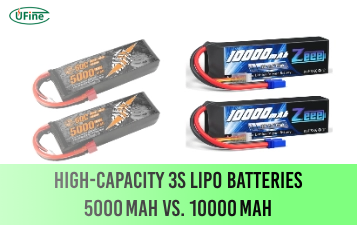
High‑Capacity 3S LiPo Batteries: 5000 mAh vs. 10000 mAh
Compare 3S LiPo 5000mAh vs 10000mAh batteries by weight, power, and use. Find the best fit for your drone, RC car, or boat setup.
2025/07/08 Ufine
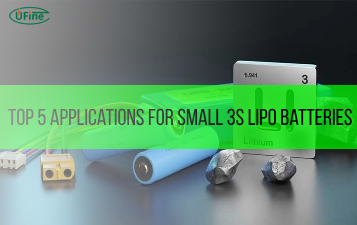
Top 5 Applications for Small 3S LiPo Batteries
Small 3S LiPo batteries power drones, RC gear, wearables, and robotics with high energy and low weight. Making them ideal for compact electronics projects.
2025/07/08 Ufine
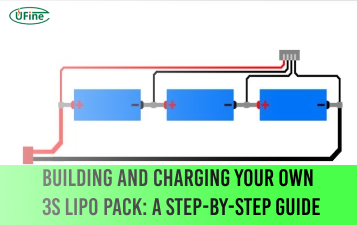
Building and Charging Your Own 3S LiPo Pack: A Step‑by‑Step Guide
Learn how to build, balance, and charge a 3S LiPo battery pack safely at home with this complete DIY guide for hobbyists and beginners.
2025/07/08 Ufine
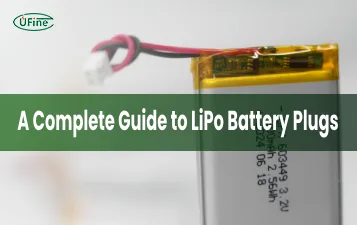
How to Choose the Right LiPo Battery Plug Type?
Discover the best LiPo battery plug types, how to choose them, and expert tips for safe usage, soldering, and maintenance.
2025/07/08 Ufine
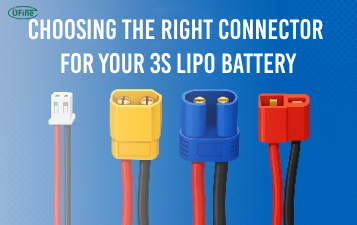
Choosing the Right Connector for Your 3S LiPo Battery
Choosing the right 3S LiPo connector depends on current, space, and use. Learn the pros and cons of XT60, JST, EC3, and more.
2025/07/07 Ufine
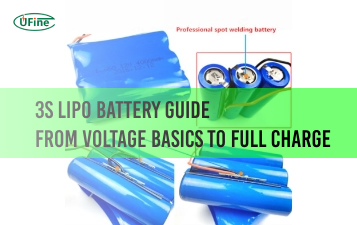
3S LiPo Battery Guide: From Voltage Basics to Full Charge
A 3S LiPo battery offers high power in a lightweight form, ideal for RC, drones, and FPV. Learn voltage basics, charging tips, and safety.
2025/07/07 Ufine

